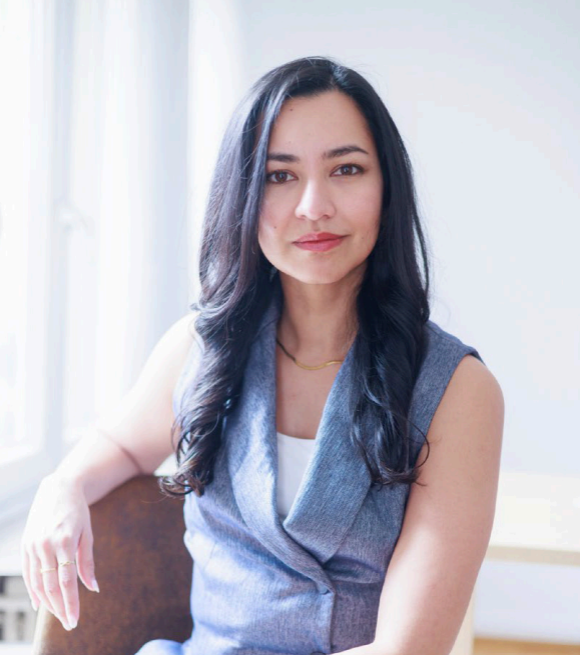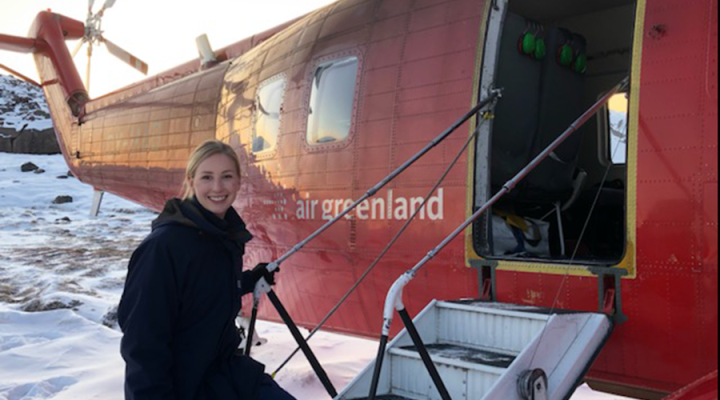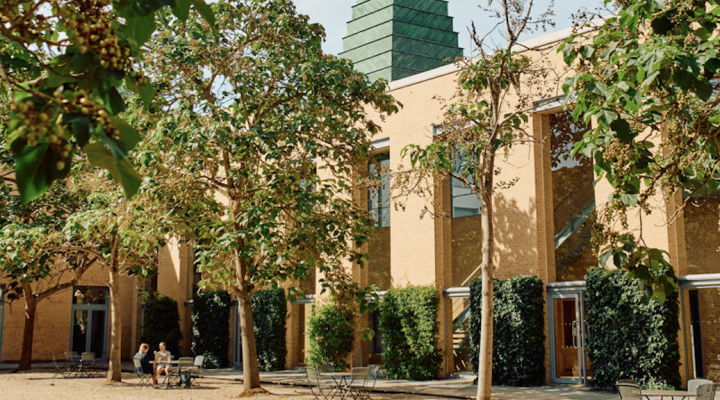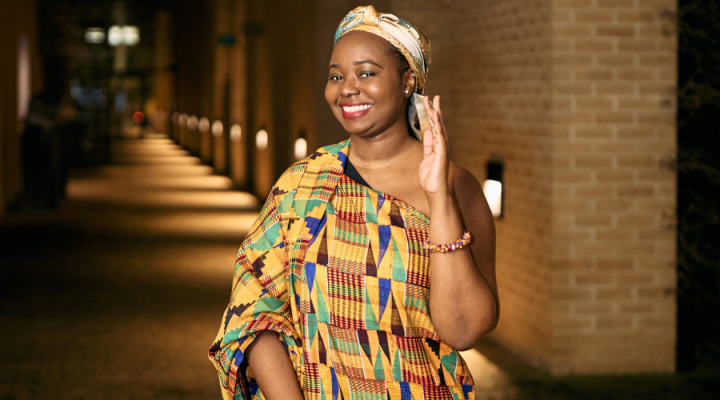Everyone in my MBA class seems to have landed in something which may not be explicitly impact-focused, but which allows them to make a difference in some way.
One of my classmates does investments for a pension fund in decarbonisation; another one is in an oil and gas company, creating their plans to be less carbon intensive; someone else is the deputy climate officer at one of the US agencies. Everyone has this intrinsic motivation that they want to work at the intersection of somewhere impact-related, and it can be anywhere from a big company to a startup to an NGO to their own companies. That’s the Oxford Saïd secret sauce, the ability to amplify the ambition of impact-minded individuals.
I was born and bred in Malaysia, always involved in human rights topics. A ‘fun fact’ about me is that I used to be a TV presenter for a children’s news show, covering stories relating to children's rights. So it was not surprising that I started my career in public policy right after completing my undergraduate degree in economics at University College London. That was just after the financial crisis and I was fascinated by questions about reform and regulation at the intersection of finance and technology. But I also thought that effective regulation was not possible if no one understands what tech companies are actually doing. So I decided that I would go out and work in some tech companies and find out!
I worked in two different technology start-ups in Indonesia and Hong Kong before deciding that I needed an MBA to consolidate my knowledge and also fill in some gaps. And that is how I ended up at Oxford Saïd, where I was the Chair of the Oxford Business Network (OBN) for technology together with two other fantastic females. We pioneered the emerging technology forum there – to explore how topics like AI and VR can have a business impact. I also founded a start-up that created white label education products for banks to roll out to marginalised communities, typically in either East or West Africa or Southeast Asia, to de-risk their borrowers. That proved difficult to scale, but it taught me a lot about fundraising and challenges of aligning the needs and financial models of very different types of actors.
I took that knowledge to Amazon, where I started as a product manager in the healthcare and nutrition private label business. But for the last two and a half years, I transitioned to transport decarbonisation to help Amazon achieve its sustainability goals of being net carbon zero by 2040 (10 years ahead of the Paris Agreement). I lead our work to decarbonise what's known as Scope 3 emissions from our transport partners that Amazon contracts with in Europe. It's incredibly difficult as I need to influence partners who have their own operations and incentives to align with our goals. A powerful lever is through our contracts, that show that this is our way of doing business: sustainability is a priority. I also work to ensure we have reliable data on emissions to empower operational decisions. One of the things that I'm super proud of is influencing big companies to take on a 2040 goal as well. We want to get other companies to be just as ambitious because we need to get everyone working together to solve common problems and bringing in that whole systems-thinking approach.
It was in one of Marc Ventresca’s classes during the MBA when he made the point that we often leap to the assumption that a new start-up is the only way of targeting a problem. But if you take a step back, sometimes the answer is to align certain actors in a certain way, and the best way to do that is actually to go in and work with one of these actors and influence that change. We were also taught to think of your work as an arena and to watch other players and their incentives: it’s not just about the work, but about who’s involved. Intangible ways of understanding systems change: that's the concept that I use and I think about all the time.





